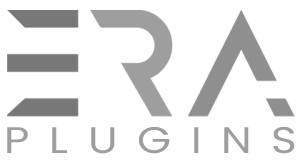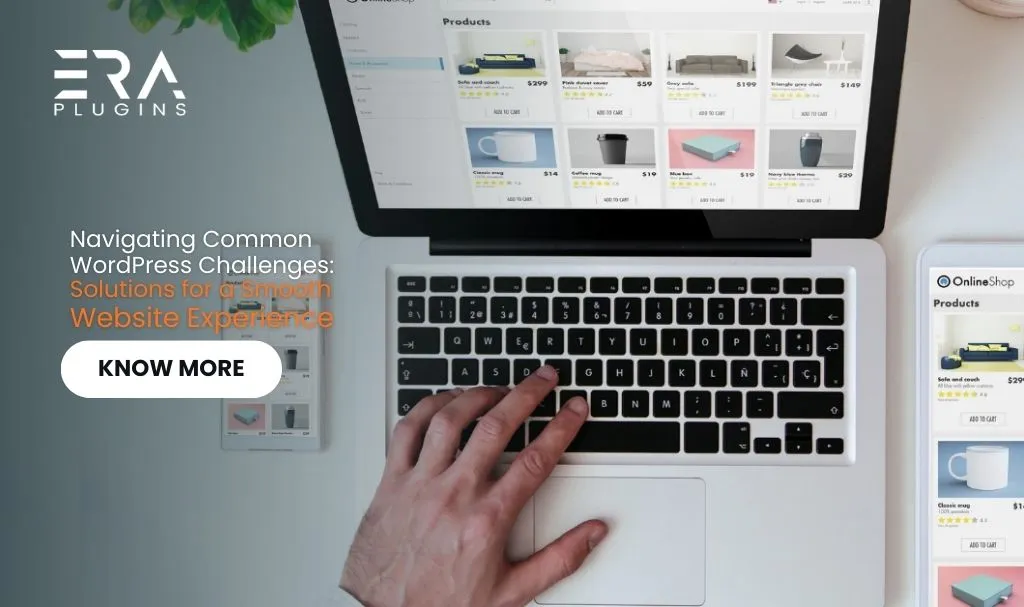While WordPress is a versatile platform, it comes with its share of challenges. Here are solutions to common WordPress issues:
- Security Vulnerabilities: Keep WordPress, themes, and plugins updated to patch security vulnerabilities. Use strong passwords and security plugins.
- Slow Loading Times: Optimize images, use caching plugins, and choose a reliable hosting provider to improve loading speed.
- Broken Links: Regularly check for broken links using plugins or online tools, and update or remove them as needed.
- Plugin Conflicts: Test new plugins in a staging environment before adding them to your live site to avoid conflicts.
- Website Backups: Implement regular automated backups to safeguard your content in case of data loss.
- White Screen of Death: Deactivate plugins one by one to identify the culprit causing the white screen, then resolve or replace the plugin.
- 404 Errors: Customize your 404 error page with helpful information and navigation links to guide users.
- Poor SEO: Install an SEO plugin, optimize your content, and use relevant keywords to improve your site’s search engine visibility.
- Lack of Mobile Responsiveness: Choose a responsive theme and test your site on various devices to ensure a seamless mobile experience.
- Spam Comments: Install anti-spam plugins or use built-in moderation settings to prevent spam comments.
- Updating Issues: Backup your site before updates, use a staging environment, and test updates on a clone of your site to prevent disruptions.
- Content Duplication: Avoid duplicate content by using canonical tags and setting up redirects for old URLs.
- Losing Data: Regularly back up your site to prevent data loss due to accidents or technical issues.
- Broken Images: Check image file paths, ensure images are properly uploaded, and use HTTPS URLs for secure content loading.
- Poor User Experience: Streamline navigation, ensure a clear layout, and provide valuable content to enhance the user experience.
- XML-RPC Attacks: Disable XML-RPC if you don’t need it or use security plugins to prevent XML-RPC-based attacks.
- Database Errors: Regularly optimize and clean your database to maintain site performance and prevent errors.
- Lack of Accessibility: Follow accessibility guidelines and use plugins to improve your website’s accessibility for users with disabilities.
Navigating these challenges requires vigilance, proactive maintenance, and a willingness to learn. By addressing these issues promptly, you can ensure a smooth and user-friendly experience for your WordPress website visitors.





